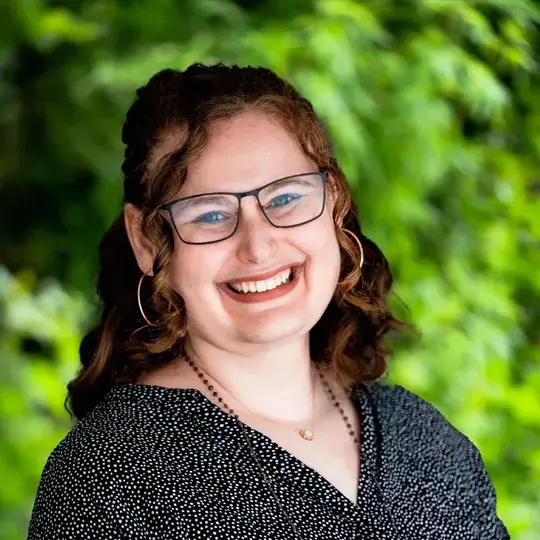Trauma often has ties to why a person develops a substance use disorder. Surviving and witnessing traumatic events and circumstances often leave emotional scars that affect a person for many years. This makes understanding how psychological trauma and addiction treatment work together as part of the recovery process.
What Constitutes Trauma?
Trauma consists of a deeply disturbing or stressful experience that becomes overwhelming to a person. It affects their ability to cope with life, impacts their self-view and emotional responses, and can leave them constantly feeling helpless and unsafe. The trauma may be experienced by an individual or they may witness it happening to someone else.
Traumatic actions and circumstances include:
- Domestic violence
- Sexual assault and rape
- Physical assault
- Verbal and emotional abuse
- Parental abuse or neglect
- Military service
- Wartime events
- Natural disasters, including earthquakes, floods, fires, and hurricanes
- Accidents
- Chronic or terminal disease
- Bullying and other ongoing harassment
The Substance Abuse and Mental Health Services Administration (SAMHSA) published a report that found that the most common form of trauma involved witnessing someone being severely injured or killed. The second most common case involves being victimized by a natural disaster. The third most common event that causes trauma involves life-threatening accidents, assaults, and falls.
How to Tell If You Are Suffering From Trauma
It’s not uncommon for someone to experience trauma but not be aware of their condition. They may feel some of the symptoms but tell themselves or receive messages from others that they just need to get over what happened to them. When the trauma occurred in the past, the inclination to believe the event shouldn’t still affect a person can be strong. In fact, trauma can last a lifetime when not addressed and treated.
Symptoms of trauma can include:
- Constantly feeling fearful
- Feeling anxious or panicky
- Easily startled
- Problems maintaining healthy relationships with others
- Flashbacks
- Reliving the trauma
- Nightmares
- Mood swings
- Cloudy thinking and memory problems
- Avoiding people and places that can be a reminder of the trauma
Trauma may also show signs of its presence via physical ailments, such as headaches, nausea, gastrointestinal problems, and changes in appetite. Some people sleep excessively or develop insomnia. Too often, a patient will report these symptoms to a doctor, who will treat them as a stand-alone problem, rather than establishing their connection to trauma.
Trauma Can Result In Post-Traumatic Stress Disorder
When a person experiences trauma, they may develop post-traumatic stress disorder, commonly known as PTSD. Each year, approximately eight million adults in the U.S. report suffering from PTSD.
Because of how common it is for trauma and PTSD to co-exist with a substance use disorder, the treatment community provides for helping clients make the connection. When an individual suffers from psychological trauma and addiction treatment for them is being planned, often the therapist or program incorporates treatment methods that have a proven track record for the topic.
Cognitive-behavioral therapy (CBT) and dialectical behavior therapy (DBT) are both types of talk therapy that can be quite effective when treating trauma. These types of therapy teach people how to view their situations and emotions in a balanced way, as well as help create a distance that keeps them from automatically being overwhelmed by memories and feelings.
People who deal with flashbacks often find that these kinds of therapies can help them reduce their impact and frequency. A person can also learn to create a plan for how to handle overwhelming situations and lower their stress levels.
A process called eye movement desensitization and reprocessing (EMDR) has become popular over recent years in treating trauma. EMDR consists of a patient being led by a trained therapist who has the patient use lateral eye movements and auditory and physical stimulation such as hand-tapping. After a few EMDR appointments, many people find their traumatic feelings and stress levels subside.
Trauma Often Contributes to the Development of Addiction
The National Institutes of Health reports that people who develop an addiction to drugs or alcohol are three times more likely to also have PTSD. Within the population of those who have PTSD, these individuals are up to 14 times as likely to have an addiction than those without PTSD. Young people also have higher instances of PTSD accompanying trauma.
Many studies show that a person suffering from trauma who also experiences addiction benefits the most when both issues are addressed during treatment. When the adverse effects of PTSD become more manageable and lessen, this can help a person’s cravings for the effects of excessive drug and alcohol use recede.
Conversely, someone who no longer uses substances in part to block out symptoms and memories of their trauma puts themselves in a better mindset to address the trauma with professional treatment. This type of approach makes trauma less of a factor in their lives.
Psychological Trauma and Addiction Treatment in California
If you or someone you love deals with addiction to drugs or alcohol and trauma, Launch Centers can provide treatment that addresses both situations. Our Los Angeles area treatment facility has comprehensive programs that address substance use disorders and mental health issues. We specialize in helping young people set and meet educational goals and keep the family involved so everyone can heal together.
Contact Launch Centers today and let’s get started planning the perfect program for your recovery.






